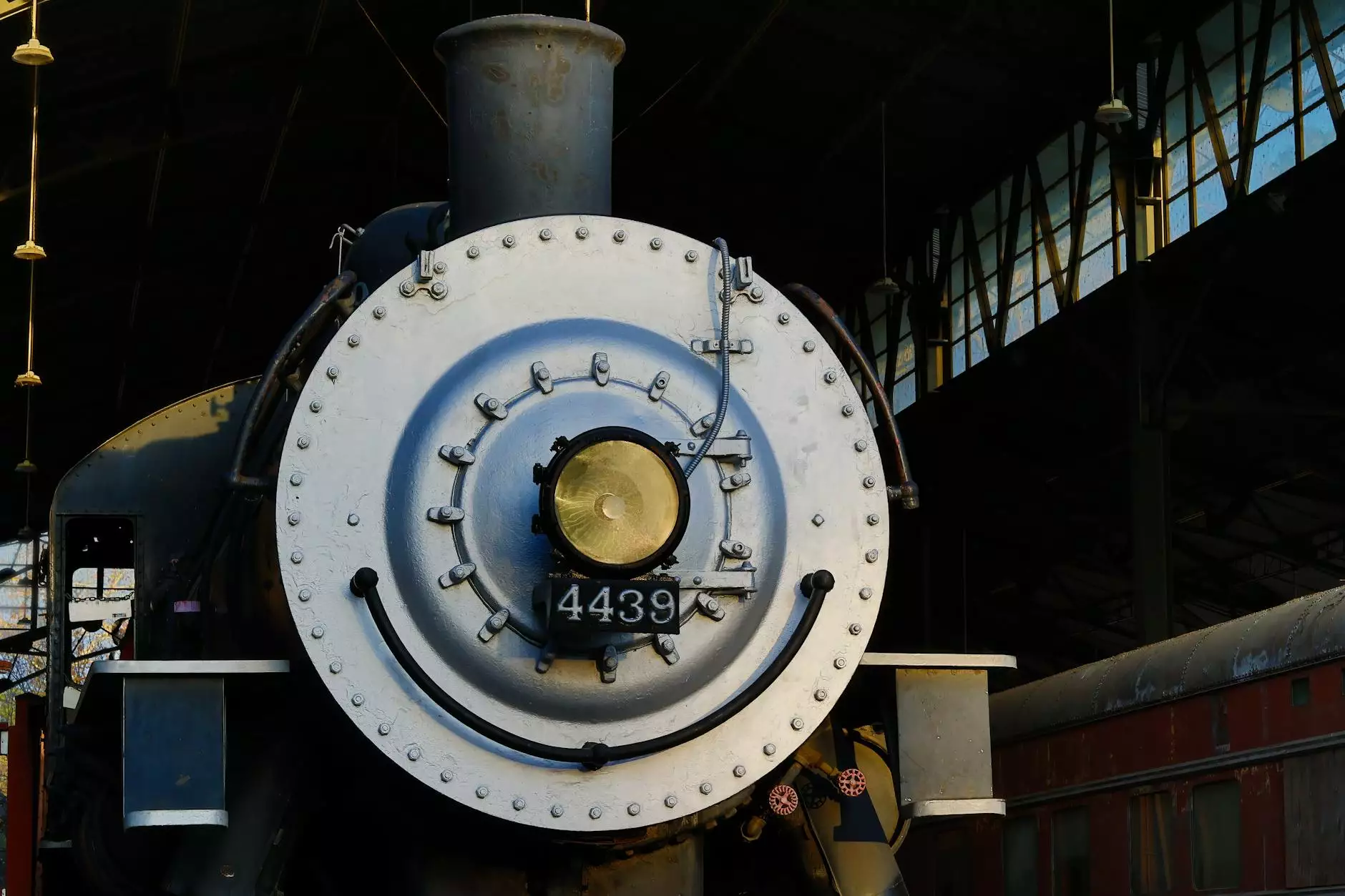Understanding Cold Room Sales: A Comprehensive Overview

In the ever-evolving world of refrigeration equipment, the surge in cold room sales is fueled by the increasing demand for temperature-controlled storage solutions in various industries. From the food and beverage sector to pharmaceuticals, businesses are seeking efficient and reliable cold rooms to ensure product quality and compliance with health regulations. This article delves into the significance of cold room sales, the types of refrigeration equipment available, and how to choose the best solutions for your business needs.
What Are Cold Rooms?
Cold rooms are specialized facilities that maintain a controlled temperature environment, essential for preserving perishable goods. They play a vital role in the supply chain for businesses that deal with temperature-sensitive items. The critical aspects of cold rooms include:
- Temperature Control: Cold rooms typically operate at temperatures between 0°C to -30°C, depending on the products being stored.
- Humidity Control: These rooms can also adjust humidity levels to minimize moisture loss and prevent spoilage.
- Access Control: Ensuring that only authorized personnel access the facility helps maintain the integrity of stored goods.
The Importance of Cold Room Sales to Businesses
Investing in cold room sales is not just about purchasing refrigeration equipment; it’s about enhancing operational efficiency, reducing waste, and improving profitability. Here are some reasons why cold rooms are critical for businesses:
1. Enhanced Product Longevity
Maintaining optimal temperatures ensures that perishable goods retain their quality for as long as possible. This is particularly important for businesses in the food and beverage industry, where spoilage can lead to substantial financial losses.
2. Compliance with Regulations
Many industries are subject to stringent regulations regarding the storage and handling of perishable goods. Cold room sales provide businesses with the necessary equipment to comply with these laws, thus avoiding potential fines and legal issues.
3. Improved Supply Chain Efficiency
Cold rooms facilitate better inventory management and reduce the risk of stockouts, ensuring that businesses can meet customer demand without delays. This reliability is crucial for maintaining customer satisfaction and loyalty.
Types of Refrigeration Equipment for Cold Rooms
When it comes to cold room sales, the choice of refrigeration equipment is paramount. Here are the most prevalent types of equipment available on the market today:
1. Walk-In Cold Rooms
Walk-in cold rooms are large, self-contained refrigeration units that allow personnel to walk inside. They are ideal for businesses that require substantial storage space for perishable goods. These cold rooms can be tailored to meet specific temperature and design requirements.
2. Reach-In Coolers
Designed for easy access, reach-in coolers are smaller units that come with hinged or sliding doors. They are perfect for quick access to frequently used items, especially in retail environments.
3. Blast Freezers
Blast freezers are designed for quick freezing of food items. This is critical for preserving taste and texture quality by rapidly lowering the temperature of food, which prevents ice crystal formation.
Choosing the Right Cold Room for Your Business
Selecting the right cold room involves several considerations to ensure it meets your business needs effectively. Here are some essential factors to keep in mind:
1. Understand Your Storage Needs
Assess the volume of goods you need to store and the temperature requirements for each. This will guide you in choosing the right size and type of cold room.
2. Evaluate Energy Efficiency
Energy costs can significantly impact overall operating expenses. Opt for energy-efficient refrigeration equipment that offers lower operational costs while maintaining required temperatures.
3. Consider Customization Options
Different businesses have unique requirements. Look for suppliers that offer customizable cold room solutions to accommodate your specific needs, including shelving, flooring, and entry options.
Benefits of Investing in Quality Refrigeration Equipment
The advantages of investing in quality refrigeration equipment go beyond immediate cost considerations. Here are some notable benefits:
1. Durability and Reliability
High-quality refrigeration equipment is built to withstand the rigors of daily use, ensuring durability and a longer lifespan. This translates to fewer replacements and repairs over time.
2. Enhanced Food Safety
Proper refrigeration directly correlates with food safety. By maintaining ideal storage conditions, the risk of foodborne illnesses is minimized, protecting both consumers and businesses.
3. Increased Profit Margins
Reducing spoilage and optimizing storage leads to better profit margins. When food and pharmaceuticals are stored correctly, businesses can sell more products without incurring losses from waste.
Cold Room Maintenance: Best Practices
Regular maintenance of cold room equipment is essential for longevity and optimal performance. Here are some best practices:
1. Routine Inspections
Conduct regular inspections to identify potential issues before they escalate. Check for signs of wear and tear, and make necessary repairs promptly.
2. Cleanliness
Maintaining a clean environment inside the cold room prevents contamination of stored goods. Schedule regular cleaning to adhere to health and safety standards.
3. Monitor Temperature and Humidity
Installing reliable temperature and humidity monitoring systems helps ensure that the equipment is functioning correctly. Regularly check these metrics and adjust settings as needed.
Future Trends in Cold Room Sales
The cold room sales market is continually evolving, influenced by technological advancements and changing consumer demands. Here are a few trends to watch for in the future:
1. Smart Refrigeration Technology
With the rise of the Internet of Things (IoT), smart refrigeration technologies are becoming more commonplace. These systems offer real-time monitoring and alerts, enhancing efficiency and reducing energy consumption.
2. Eco-Friendly Refrigeration Solutions
As environmental concerns rise, many businesses are opting for eco-friendly refrigeration options. These solutions not only reduce carbon footprints but also appeal to increasingly eco-conscious consumers.
3. Modular Cold Rooms
Modular cold rooms provide flexibility for businesses that may need to expand their storage capabilities. These easily adaptable solutions allow quick assembly and disassembly, making them ideal for changing business needs.
Conclusion: The Future of Cold Room Sales
In conclusion, cold room sales represent a pivotal aspect of modern business operations across various sectors. Understanding the importance of efficient refrigeration equipment, the types available, and the benefits they offer can empower businesses to make informed decisions that drive profitability and sustainability. Investing in quality cold room solutions enhances operational efficiency, ensures regulatory compliance, and ultimately contributes to a healthier bottom line.
As the demand for top-notch cold storage facilities continues to grow, staying ahead of industry trends and innovations will be key to maintaining a competitive edge. With the right equipment and strategies in place, your business can thrive in this ever-demanding marketplace. Explore the options available today, and elevate your operational capabilities to new heights!









